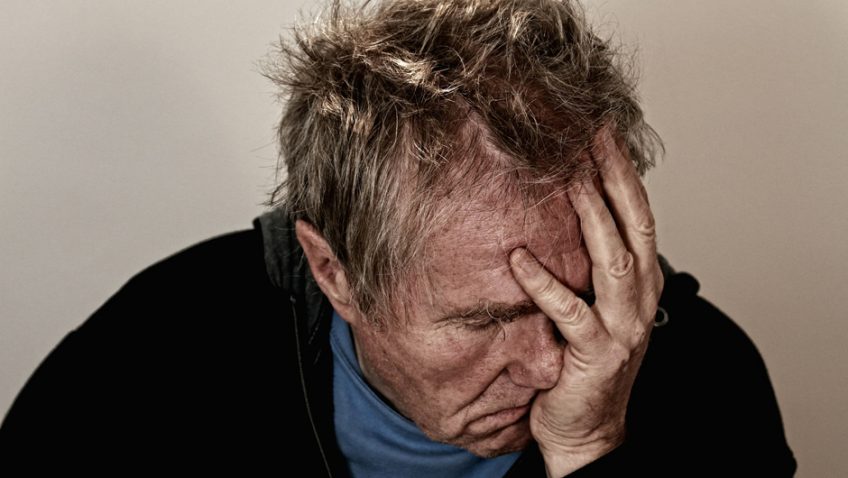Major depressive disorder (MDD), also referred to as clinical depression, is a significant medical condition that can impact people in many different ways. It can affect mood, behaviour, appetite, sleep and people’s relationships and ability to work.
According to The Lancet Psychiatry, almost one in five adults are expected to have an episode of MDD sometime during their lives; the course of these episodes can be highly variable. A new study has shown that MDD in older age, that is people over 70, is associated with poorer prognosis, compared with younger people. The two year-long observational study, published in The Lancet Psychiatry journal, tracked 1,000 18 – 88 year olds who had MDD.
While a more severe course of major depressive disorder seems to be more common in older people than their younger peers, the new study is the first to assess this in a large sample representing adults of all ages.
“Our findings suggest a growing need for age-tailored treatment of major depressive disorder,” says lead author Dr Roxanne Schaakxs, VU University Medical Center, the Netherlands. “Older people with major depressive disorder are often treated in a similar way to younger patients. However, we believe that older people may need multidisciplinary and highly structured treatment, because major depressive disorder in this life phase appears to be much more persistent than in other phases.”
In the study, the authors analysed how depression developed over time by comparing measures of depression in participants at the start of the study and two years later.
They also recorded participants’ social factors, such as loneliness, social network size and social support, health factors such as functional limitations, pain, chronic diseases and weight, whether they were taking antidepressants, had an anxiety disorder, and whether they had had MDD before.
Compared to the youngest age group (18-29 year olds), people aged 70 or over were more likely to be lonely, have less social support, and have more pain and chronic diseases. They were also more likely to use antidepressants and have had more than one major depressive disorder episode.
The authors found that the course of depression seemed to worsen with age, overall. In addition, outcomes were worst for older people compared with younger age groups.
Dr Schaakxs explains the importance of these factors: “Older age might be a prognostic factor for major depressive disorder course because of the increased likelihood of other unfavourable factors, such as comorbid diseases, physical and functional impairment, and cognitive decline. Cognitive decline has been shown to hamper recovery from major depressive disorder and reduces treatment effectiveness, and it will be vital to investigate its role in future research of this kind.”
For more information about MDD / clinical depression, visit:
www.nhs.uk/conditions/clinical-depression





